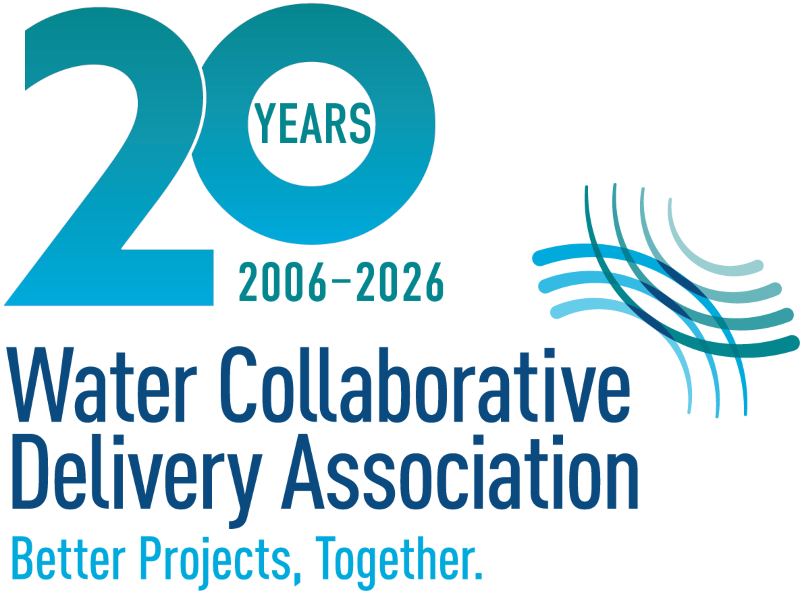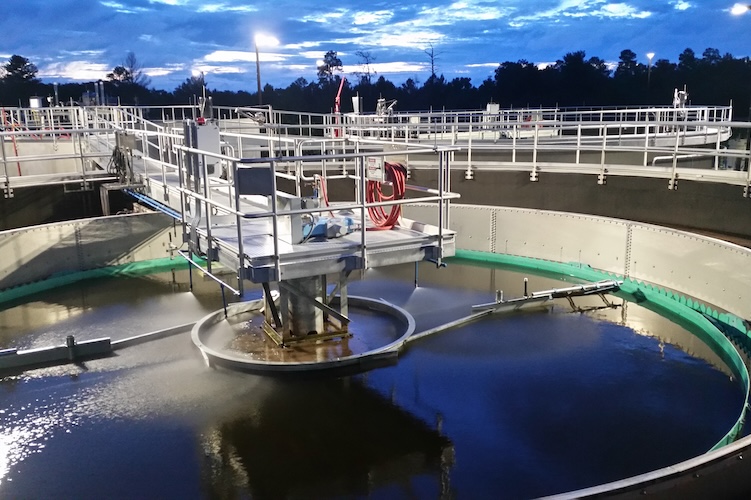Has anyone been left scratching your head wondering, “Why is my project over budget? What could I have done better to align project budget and cost?”
How often has a project gotten to bid day only to have the bid costs far exceed the budget expectation? There can be a host of reasons why this occurred, but the truth is, there is a better way to avoid this from happening!
In traditional design-bid-build project delivery, the budget expectations are often assembled without the input of a contractor. This can lead to many issues, including insufficient budget being allocated to complete the project. If the bid-day price far exceeds the anticipated budget, it can cause significant delays due to the project being redesigned and rebid. Fortunately, there is a readily available solution to this problem.
Collaborative delivery is the tool that many owners have used to get an earlier accurate estimation of the budget. Having engagement from the contractor from the outset provides the best opportunity for ensuring budget, schedule, and constructability are addressed. Listed below are a few of the reasons why EARLY engagement provides the most value:
Mitigates Redesign: The sticker shock of the first estimate often leads to significant changes in the project design. For example, if the first contractor cost estimate isn’t performed until the 60% design milestone, the engineering team will already have put thousands of production hours into the design. At this point, a significant cost investment has been made, in addition to the time it took to get to that point. If the team must take a step back and redo the 60% design, it could cost hundreds, if not thousands, of additional production hours and will more than likely delay the start of construction. These delays could come at the cost of cost escalations, development stoppage, environmental fines, or increased maintenance costs on existing equipment.
Promotes Project Phasing: Many projects lend themselves to a phased approach IF the need for phasing is identified EARLY on in the design process. The early estimate can identify the cost for the entire project and then a phasing approach can be evaluated that considers future funding, impact fees, and growth projections. This can come with an additional benefit of ensuring that capital investments aren’t underutilized or sitting idle until the capacity is needed.
Improves Schedule: Early alignment of budget with design is the key to initiating stakeholders’ commitment to move forward with the project. In the event the team needs additional time to evaluate alternatives, critical components can still move forward, often without sacrificing the end date of the project. This is particularly true with progressive design-build or multi-GMP construction management at-risk.
Drives Innovation: The pressure of a known budget constraint can often be the catalyst for a team to explore outside-the-box thinking. A comprehensive, open-book, early estimate can help guide the team to look at the highest rate-of-return components for alternative solutions. This doesn’t always mean looking for cheaper up-front capital costs; it should include the full life cycle of maintenance and operations. If the facility will cost less to operate, then a higher up-front capital cost can be spread over the life of the facility more easily.
While unfortunately the truth of the early cost estimate can sometimes be a tough piece of information, it is critical information that is going to help the entire team deliver the best project possible. We should view the early cost estimates as the method to solve the budget and schedule issues, not as the cause of them. Take a few minutes today to think about the upcoming projects you might have. When did you last evaluate the cost and who performed it? What will happen if the project is over budget? What are the consequences if the project isn’t delivered on time? If any of these questions have you concerned, then consider using collaborative delivery and early cost estimating to your advantage. One thing that is certain is that ignoring/delaying these questions does not make the answers any easier to digest!

